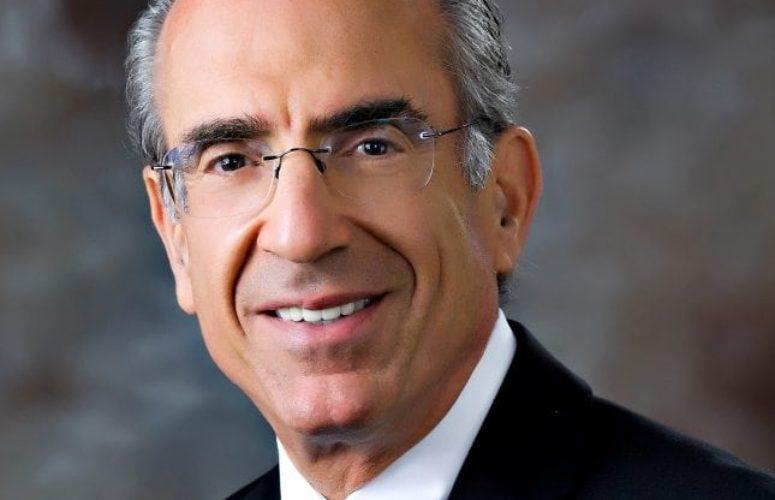
Student Loan Debt Becomes Everyone’s Priority
CPAs are working with legislators to combat this crisis.
By Kathleen Hoffelder On Feb 3, 2020Hearing that college students and others seeking higher education are graduating with debt – particularly those opting for a career as a doctor, lawyer or other professional – is nothing unusual. What is new is how fast the cost of even the most basic education has risen and how much debt it takes to pay for it. Parents, siblings, grandparents and other extended family members now shoulder a lot of that burden, which poses worrisome implications for both families and communities.
A 2019 Experian report noted that the amount of money borrowed in parent PLUS loans has grown 38% since 2015. Quoting U.S. Department of Education data, it said there are 17% more student loan borrowers age 62 and older in 2019 than 2018. Experian also cited in another 2019 report that though millennials have high student loan debt, Gen X, followed by the Boomer generation, had even higher average student loan balances of more than $39,500 and $34,700, respectively, compared with $34,500 for millennials.
Student loan debt, at $1.5 trillion in Q2 2019, according to the Federal Reserve Bank of New York, is up another $20 billion from the previous quarter. And one in four individuals in a study of 400,000 borrowers by The Pew Charitable Trust defaulted on debt within five years of entering loan repayment.
Legislative Help: With a considerable debt load bubbling up, help is on its way. Rep. Scott H. Peters (D-CA) and Senator Mark Warner (D-VA) introduced legislation (H.R. 1043 and S.460) earlier this year that would make employer contributions to employees’ student loan payments tax free, similar to other employer-provided education assistance such as tuition reimbursement. If enacted, the Employer Participation in Repayment Act of 2019 would allow employers to provide student loan repayment up to $5,250 per year per employee.
Loan education is also a necessity. “Knowing what to look for in a loan before agreeing to terms can help students and their families reduce the amount of debt needed to pay for higher education,” says Melissa Dardani, CPA, manager of global forensic consulting services at Baker Tilly and member of the New Jersey Society of CPAs (NJCPA) Student Loan Task Force.
“Student loan debt is a leading reason why so many individuals are struggling financially,” added NJCPA task force member Zachary Cohen, CPA, a senior auditor at Prudential Inc. “More education is needed about borrowing so households do not suffer and enter into the wrong kinds of debt.”
Both Dardani and Cohen are drafting guidance for New Jersey State Assemblyman Gary Schaer to provide a measure of tax relief for student loan debt payments and to create online financial literacy.
About the Author
Kathleen Hoffelder is content editor for New Jersey Society of CPAs (NJCPA).
To access more business news, visit NJB News Now.
Related Articles:





